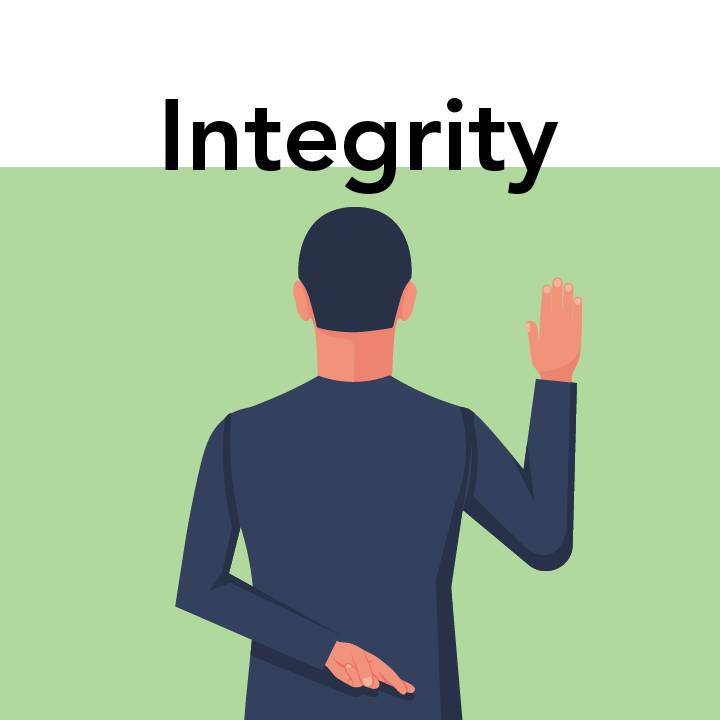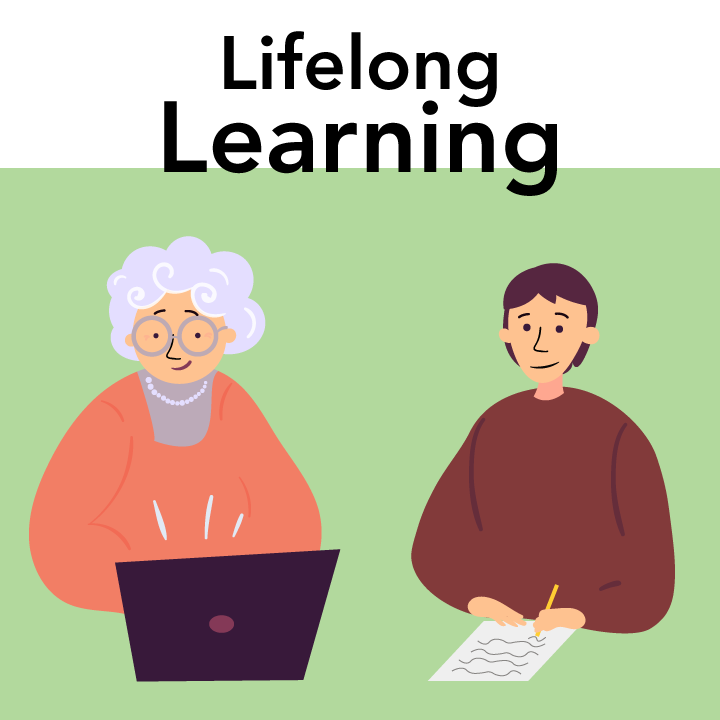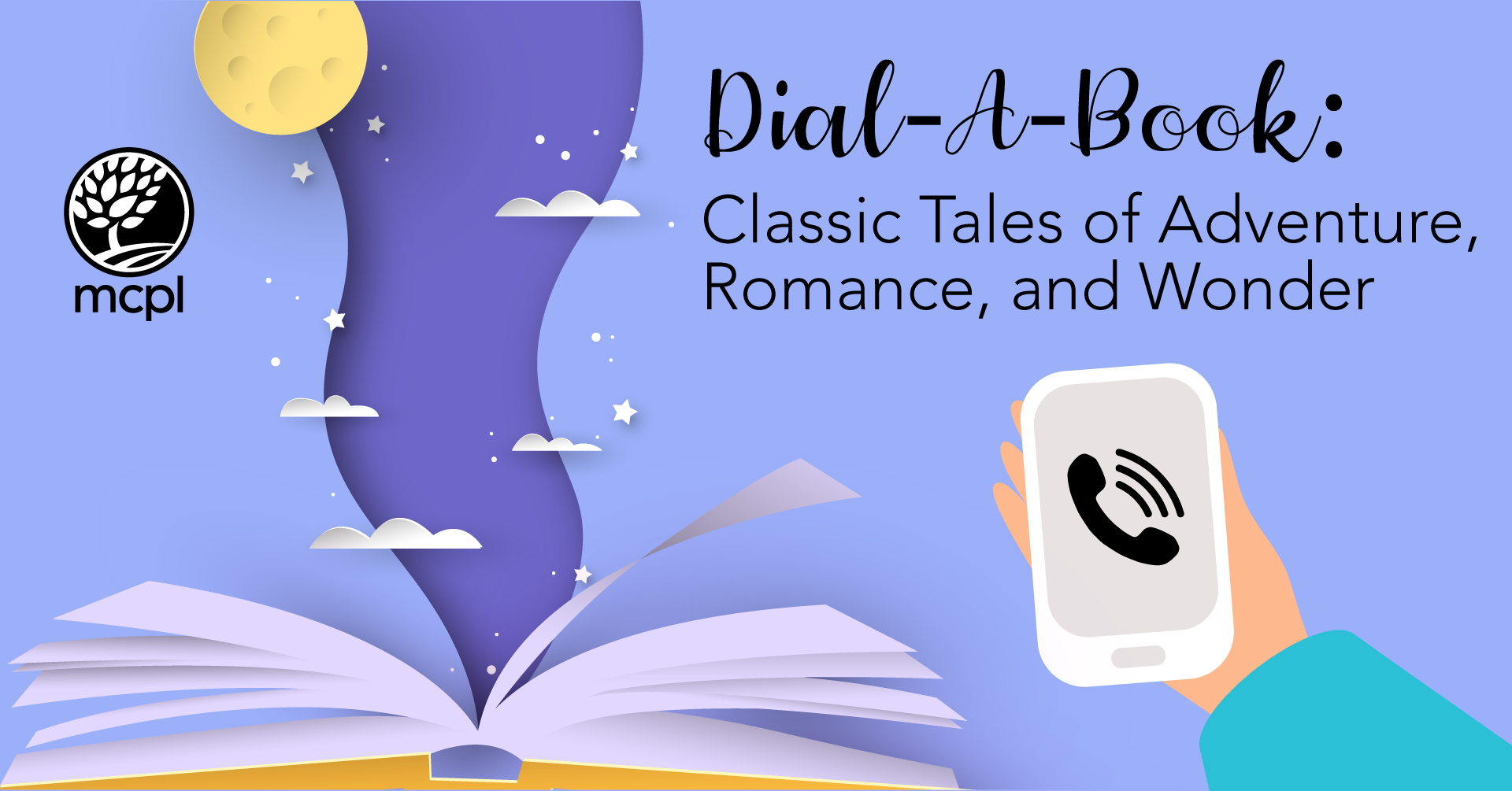Join the Big Library Read, the World’s Largest Digital Book Club
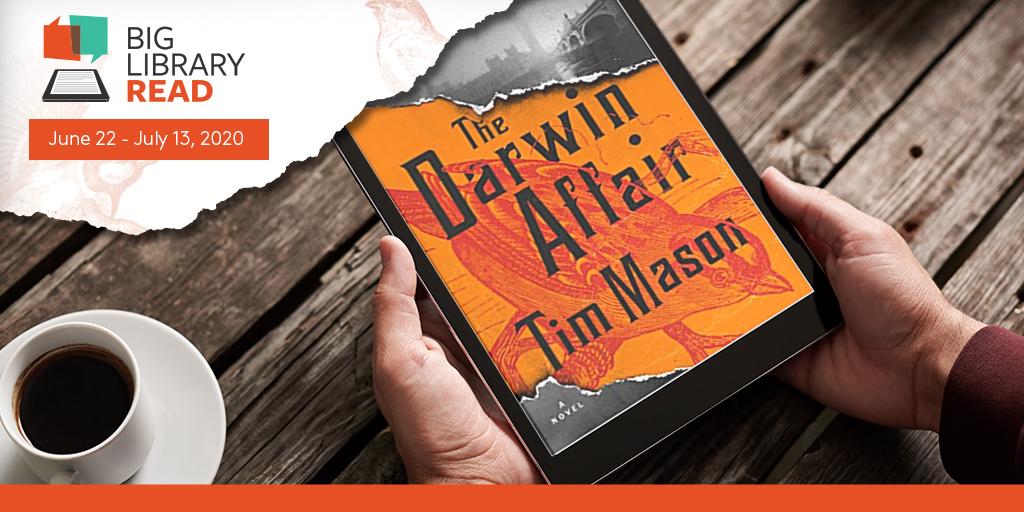
The historical fiction thriller, The Darwin Affair by Tim Mason, is the 22nd selection of Big Library Read. From August 3–17 readers can borrow and read this “intellectually stimulating and viscerally exciting” eBook through OverDrive and the Libby app. Solve the mystery from home with your library card and no waiting, then discuss the book online!
A historical fiction novel, The Darwin Affair takes place in London during June 1860. When an assassination attempt is made on Queen Victoria, and a petty thief is gruesomely murdered moments later, Detective Inspector Charles Field quickly surmises that these crimes are connected to an even more sinister plot. Soon, Field’s investigation exposes a shocking conspiracy in which the publication of Charles Darwin’s controversial On the Origin of Species sets off a string of murders, arson, kidnapping, and the pursuit of a madman named the Chorister. As he edges closer to the Chorister, Field uncovers dark secrets that were meant to remain forever hidden. Tim Mason has created a rousing page-turner that both Charles Dickens and Sir Arthur Conan Doyle would relish and envy.
Big Library Read is available in over 22,000 libraries around the world, including more than 90 percent of public libraries in North America. Connecting readers around the world, Big Library Read began in 2013 and takes place tri-annually. The program is facilitated by OverDrive, the leading digital reading platform for popular eBooks, audiobooks, and magazines.
The Darwin Affair was published by Algonquin Books and can be read on all major computers and devices through Libby or libbyapp.com, including iPhone®, iPad®, Android™ phones and tablets, and Chromebook™ without waitlists or holds. Through Libby, readers can also “send to Kindle®”. The title will automatically expire at the end of the lending period, and there are no late fees.
To join the discussion, learn about past Big Library Read titles, and download Libby, visit Big Library Read's website! Learn more about how to use OverDrive with your library card.

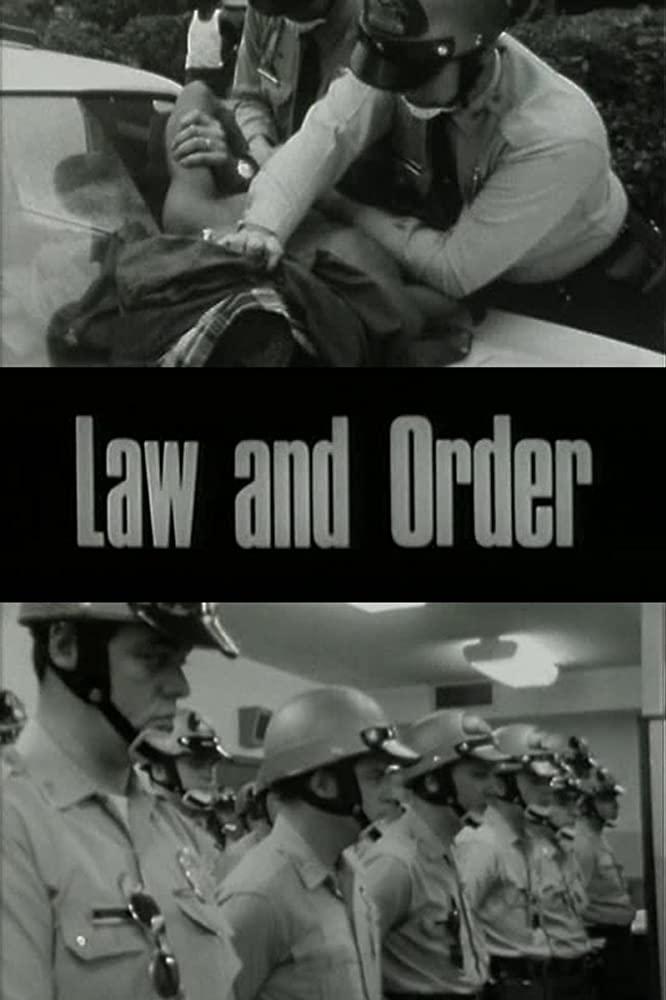
 With protests about police violence continuing nationwide and calls for defunding and reform, it’s instructive to watch the 1969 documentary Law and Order. Filmed on the streets and in the precincts of Kansas City, Missouri’s police department, Frederick Wiseman’s film follows rank-and-file patrolmen as they respond to reports of domestic violence, theft, public drunkenness, a hit and run with a stolen car, vagrancy, prostitution, creating a public disturbance, an abandoned child, truancy, and a custody dispute.
With protests about police violence continuing nationwide and calls for defunding and reform, it’s instructive to watch the 1969 documentary Law and Order. Filmed on the streets and in the precincts of Kansas City, Missouri’s police department, Frederick Wiseman’s film follows rank-and-file patrolmen as they respond to reports of domestic violence, theft, public drunkenness, a hit and run with a stolen car, vagrancy, prostitution, creating a public disturbance, an abandoned child, truancy, and a custody dispute.